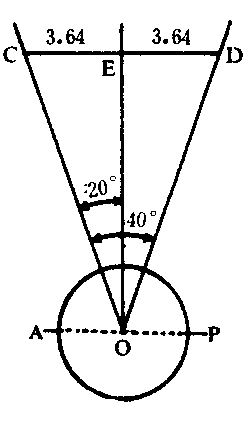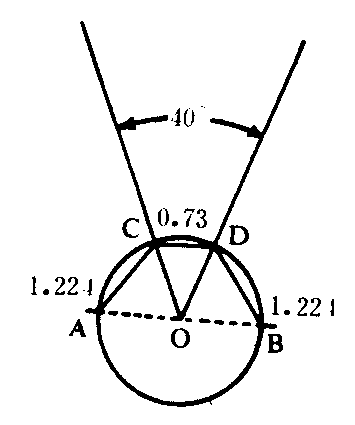田赛场地规格
田赛场地分跳高、跳远、三级跳远、撑竿跳高、铅球、标枪、铁饼、链球等场地。对场地的规格要求在田径竞赛规则中均有明文规定,在修建场地和举行比赛时,场地必须符合规则的规定。❶跳高场地:落地区(沙坑或海绵包)至少长5米、宽3米。助跑区须平坦、坚实,长度不得短于15米。助跑道和起跳区朝横杆中心的倾斜度不得超过1:250。如用活动垫道,则垫道表面应与地面齐平。
❷撑竿跳高场地:落地区是沙坑或海绵包,长和宽均不得小于5米。助跑道长不应短于40米,宽最小为1.22米,最大为1.25米,用5厘米宽白线标明。助跑道左右倾斜度最大公差不得超过1:100,跑进方向总的倾斜度的最大公差不得超过1:1000。
❸跳远场地:落地区是沙坑,宽最少为2.75米,如有可能,助跑道的位置应尽量居中,即其中线延伸时与落地区的中线重合。落地区应填平湿沙,沙面应与起跳板齐平。助跑道要求同撑竿跳高助跑道。起跳板至落地区远端不得短于10米,至落地区近端不得少于1米。
❹三级跳远场地:同跳远场地。只是起跳板到沙坑远端距离不少于21米,至沙坑近端不得少于13米。助跑道应平坦、结实。
❺铅球场地:铅球投掷圈内直径为2.135米(±0.5厘米),投掷圈上沿宽至少0.6厘米,并漆成白色。投掷圈顶与外面地面齐平,圈内地面可用混凝土、沥青或其他坚硬而不滑的材料建成。圈内地面应呈水平,并低于圈顶端1.4~2.6厘米。从投掷圈两侧向外各划一条宽5厘米、长至少75厘米的白线,白线后沿应为圆圈直径的延长线并与落地区中轴线垂直。落地区应为煤渣或草地,也可用可留下痕迹的合适材料铺成。整个落地区向投掷方向的向下倾斜不得大于1:1000。落地区应用宽5厘米的白线标出,其延长线应通过投掷圈圆心,圆心角为40°。一般用正切量法或弦量法丈量。
❻铁饼场与链球场地:除铁饼投掷圈直径为2.50米外,其余基本和铅球场地相同。
❼标枪场地:助跑道长至少30米,至多为36.5米,宽为4米,用宽5厘米的两条平行白线标出。投掷应在起掷弧后面完成,起掷弧的半径为8米,圆心在助跑道的中心线上。起掷弧用木料或金属制成,弧宽7厘米,漆成白色,埋入地下,上沿与地面齐平。弧两端各划出一条白色延长线,与助跑道两条平行白线成90°角,线宽7厘米,长75厘米。助跑道左右倾斜度最大为1:100,向投掷方向倾斜度最大为1:1000。落地区角度线用5厘米宽的白线标出。

正切量法

弦量法